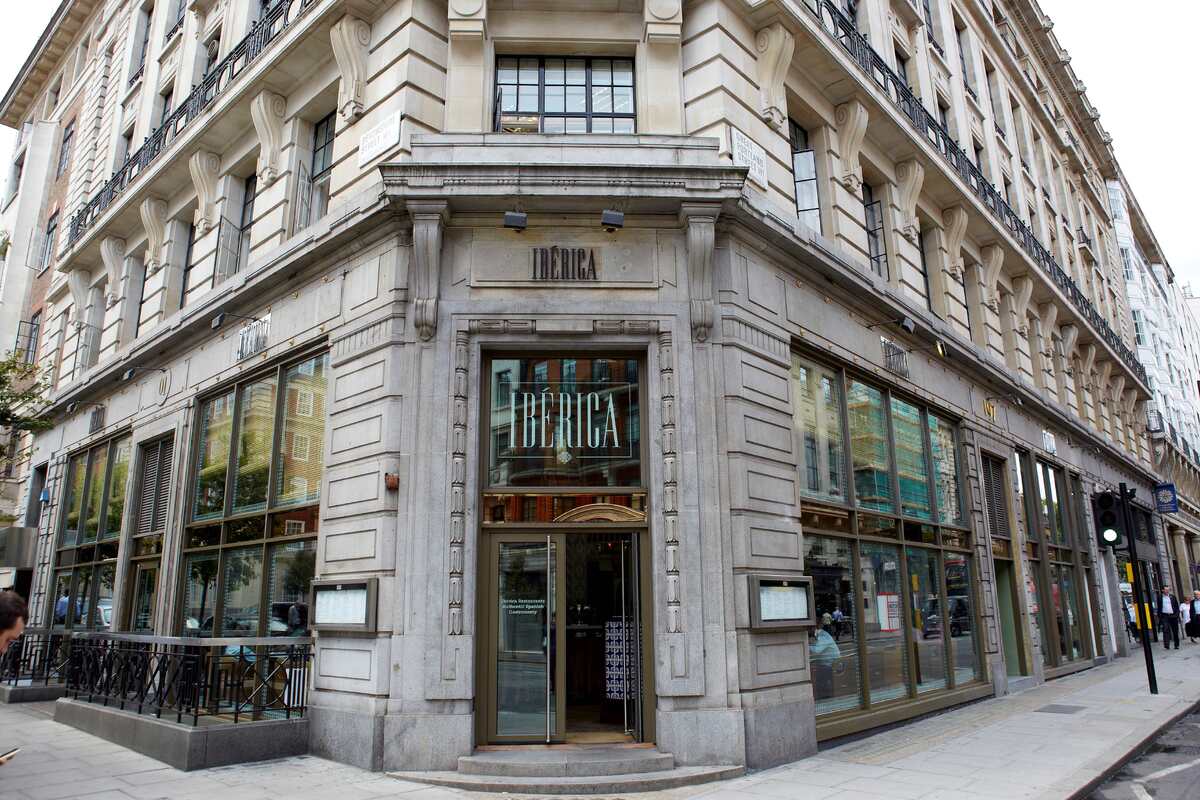Some progress on diversity and inclusion in hospitality, travel and leisure sectors but pace of improvement 'must be increased'
Some progress has been made towards key diversity targets in the hospitality, travel and leisure industries despite the turbulence to the sector brought about by the pandemic.
This is according to WiHTL’s Annual Report, produced in partnership with the MBS Group, which was launched yesterday.
Based on data captured from more than 120 businesses and conversations with more than 100 chairs, chief executives and HR directors, the report found that promisingly, despite an extremely challenging year for the sector, female representation had increased at board level (up from 28.9% last year to 29.8%) and executive committee level (31.4%, up from 27.2%).
However, the proportion of women at direct reports level was lower than last year. This setback, shrinking the pool of available talent from which to draw board and executive committee roles, could have a long-term impact on gender diversity in the sector if not addressed.
The number of businesses in the study group with a D&I strategy in place had increased since 2020 from 80% to 86%, and 87% of organisations now have strategies dedicated to ethnic diversity, compared to only 24% in 2020.
On ethnic diversity, the report suggested steady improvement over the last three years, with ethnic minority representation up from 3.4% to 4% on executive committees, although representation was still far from reflecting the general population, and it said the pace of acceleration “must be increased”.
The report also found, however, that Covid-19 slowed progress on D&I, with representation of both women and ethnic minorities down on last year at direct reports level. It recorded 34.5% female representation at direct report level, down from 37.7% in 2020, and that at executive committee level, gender diversity had fallen from just 10% to 7% since 2019, while the number of companies with no women on their boards had increased from 15% to 21%.
It found a 6% ethnic minority representation at board level within the sector, down from 6.4% in 2020, and 4.7% ethnic minority representation at direct report level, down from 4.8% in 2020. It also found that three-quarters to four-fifths of executive committees still have no underrepresented minorities at these most senior levels. Meanwhile, for direct reports, almost half of companies had no racial or ethnic diversity.
Covid-19 had a negative impact on diversity in the industry, with women and ethnic minority colleagues disproportionately furloughed at all levels, external hiring freezes blocked companies from welcoming leaders from underrepresented groups and businesses lost vital role models.
Tea Colaianni, founder and chair of WiHTL, said: “This year’s report highlights the phenomenal commitment demonstrated by leaders in the hospitality, travel and leisure industry to continue to make diversity and inclusion a key priority despite the existential challenges brought about by the pandemic. Although it’s clear more work needs to be done, by providing a benchmark for leaders to measure their own company’s progress, as well as offering examples of best practice, this report will act as a catalyst for lasting change in the sector.”
The full report is available on WiHTL's website here.
Photo: Monkey Business Images/shutterstock.com















